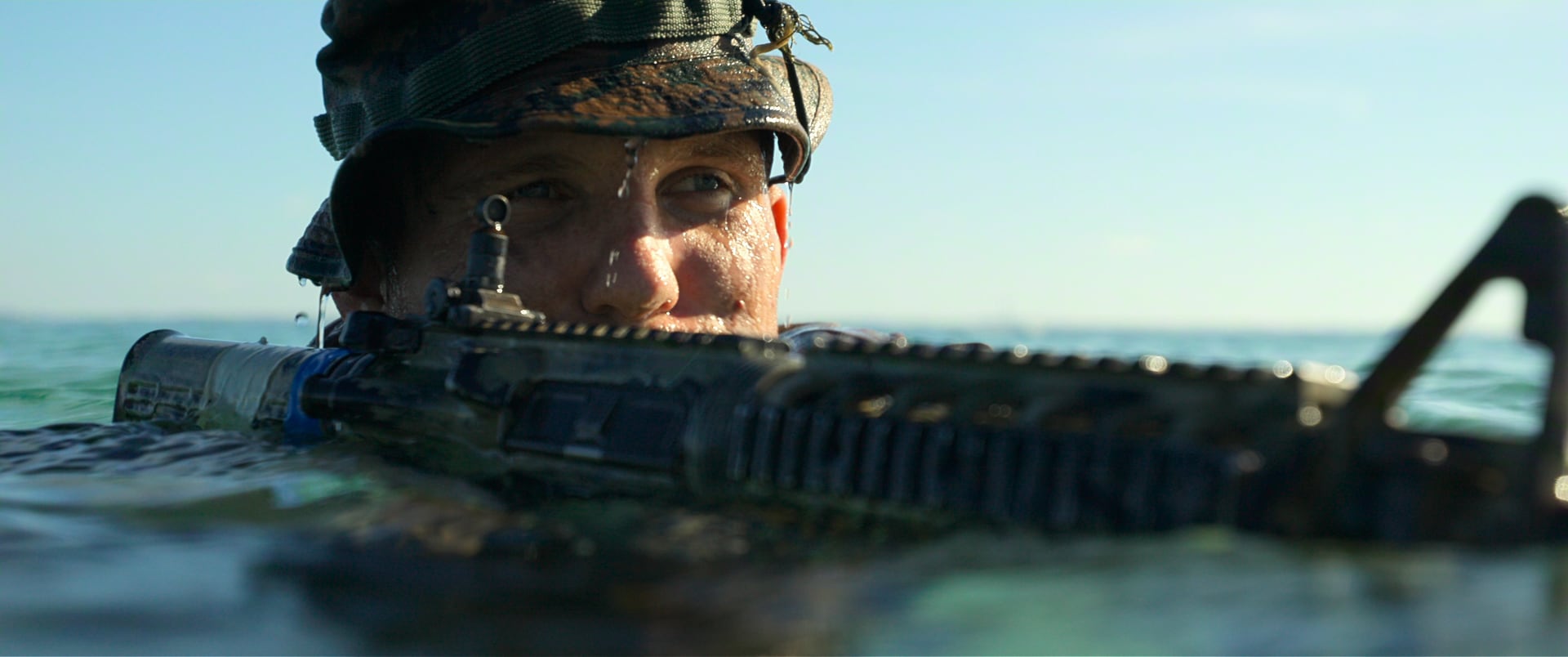The Marine Corps has promised Marines barracks that meet basic livability standards, as leaders are emphasizing quality of life in an effort to retain more Marines.
The Corps laid out a formal list of guarantees about the livability of barracks, reminiscent of a tenants’ bill of rights, in a Marine administrative message Tuesday.
Marines have the right to safe barracks that meet health, environmental and safety standards, the message pledges. Their barracks must have “functional fixtures, furnishings, appliances, and utilities” and “common areas and amenities that are enjoyable.”
When issues arise in barracks rooms, Marines have the right to timely repair and maintenance, the message states.
RELATED

Officially, at least, Marines have the right to refuse to live in a barracks room that isn’t habitable, according to the message. If they do so, they are officially shielded from retaliation, harassment or a decrease in services, the Corps says.
The message said habitability would be defined by Marine Corps Order 11000.22, though the order doesn’t yet contain a definition.
“The Marine Corps order referenced in the MARADMIN is currently being reworked and is in draft form,” Marine spokesman Maj. Jim Stenger said in a written statement to Marine Corps Times on Thursday. “The DRAFT update to the MCO, spells out clearly the definitions of uninhabitable and unsuitable and is related to unaccompanied housing, and the MCO will be published later this year.”
A Defense Department housing manual notes that housing “is not necessarily uninhabitable unless it has a serious health or safety deficiency.”
Wednesday’s Marine administrative message also lists the responsibilities of barracks residents, including reporting repair issues in a timely fashion, being accountable for visitors’ behavior, conserving energy, and reporting incidents of vandalism or neglect.
Installation commands are required to post the list of guarantees and responsibilities throughout barracks and onto installation websites, per the administrative message.
The list of guarantees comes a month after the Navy released a bill of rights for residents of its barracks, with similar stipulations.
The Marine Corps’ guarantees also fit into a broader effort to keep more Marines in the service. Providing a better quality of life is a big aspect of that initiative.
The Corps’ Installations Command in February committed itself to studying how to improve barracks, and to providing recommendations, by July.
Marine Corps leadership doesn’t deny that conditions in the barracks can be subpar. On a trip to California’s Marine Corps Base Camp Pendleton in February, Sergeant Major of the Marine Corps Troy Black, the top enlisted Marine, criticized the state of the barracks he toured.
“Some of the things I saw today in these barracks were the same things I saw in the same barracks from 2004 to 2007,” Black said in an official Marine Corps press release at the time. “We must do better.”
He said in a statement to Marine Corps Times on Thursday, “We fully recognize that in order to recruit and retain the best people our Nation has to offer, we must always focus on our people. This (Marine administrative message) is a commitment to our most important asset: our Marines.”
Barracks residents typically are the most junior Marines in the service, mostly unmarried young people of the rank of sergeant and below.
Horror stories of barracks life crop up regularly across the military services.
Marines at Camp Hansen, Okinawa, Japan, and Camp Lejeune, North Carolina, provided pictures to Task & Purpose of extensive mold in their barracks in 2020 and 2021.
Mold at the Army base Fort Stewart, Georgia, attracted media attention in fall 2022 and prompted the base’s leaders to call for more barracks inspections. The news from the Georgia base came as approximately 1,200 soldiers at Fort Bragg, North Carolina — now called Fort Liberty — were being relocated because of mold and other issues with the barracks.
At Walter Reed National Military Medical Center, Maryland, hundreds of sailors and soldiers went years without hot water, and some were left without functioning air conditioning or locking doors, a 2022 Military Times investigation found.
Irene Loewenson is a staff reporter for Marine Corps Times. She joined Military Times as an editorial fellow in August 2022. She is a graduate of Williams College, where she was the editor-in-chief of the student newspaper.





